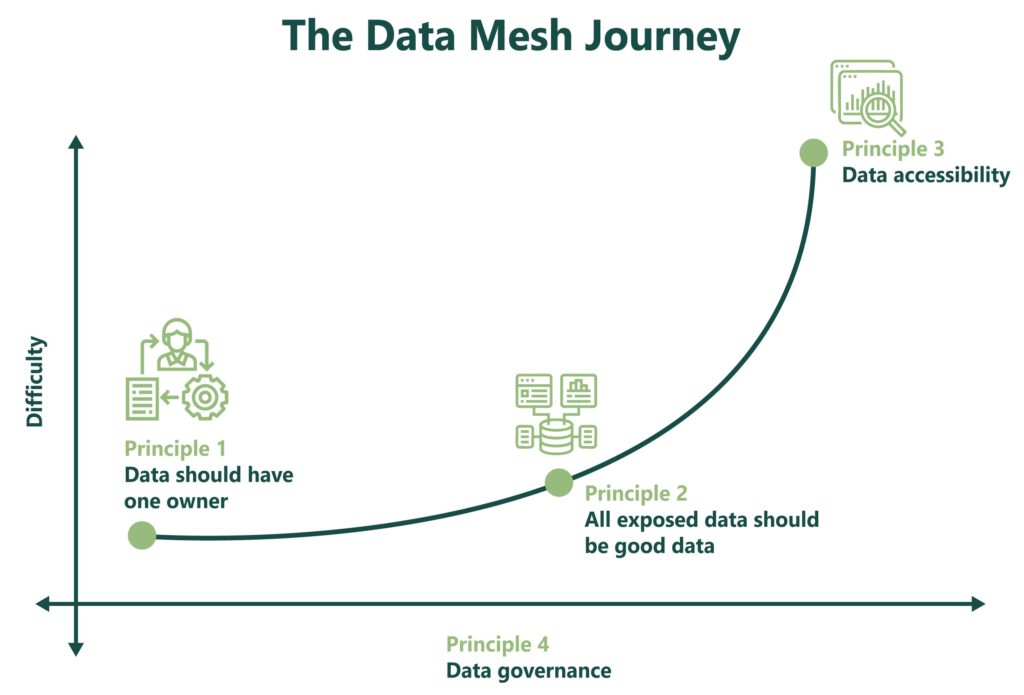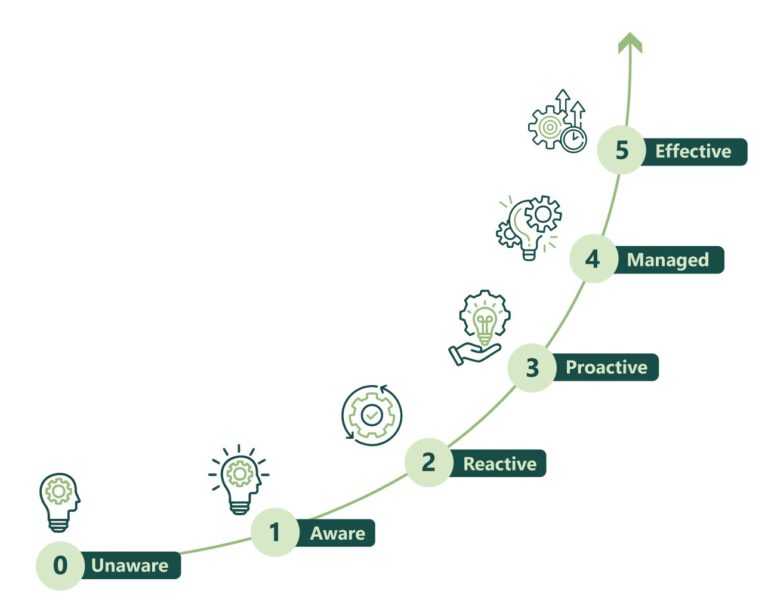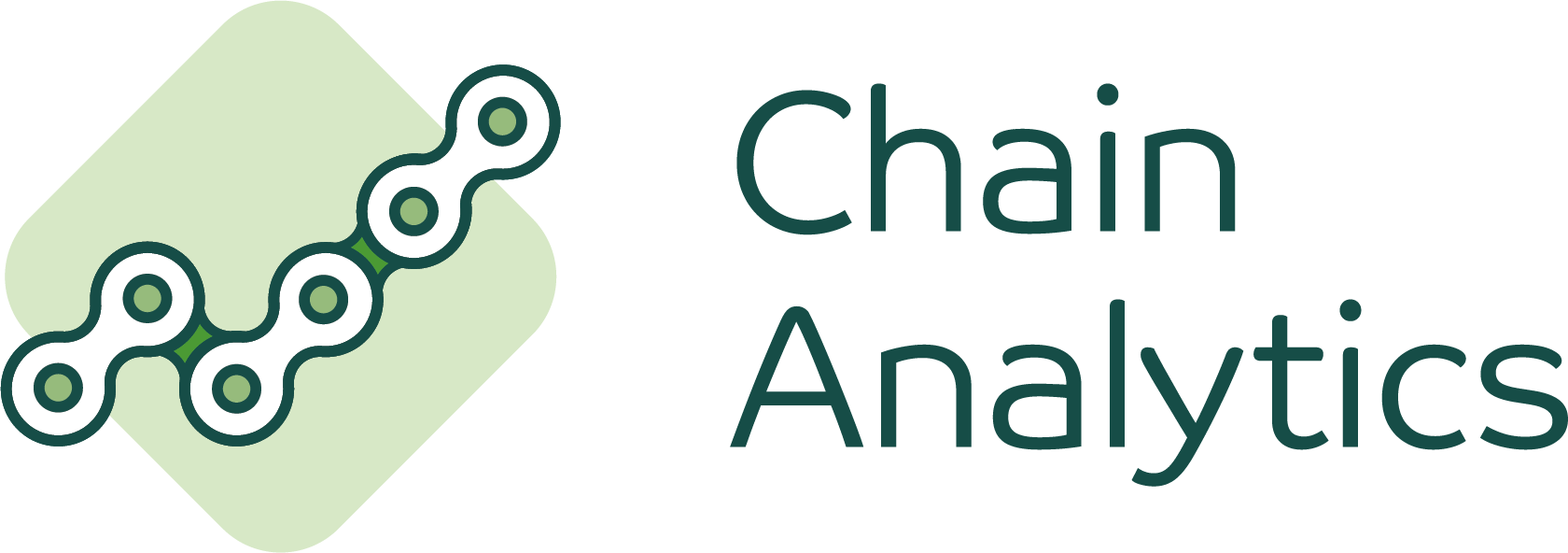Data Governance
- Home
- Data Governance
Data Governance
To make data-driven decision we believe that organizational readiness is crucial. Data governance is the foundation of effective data management, ensuring consistency, quality, and usability across an organization.
Our approach
At every data domain we prefer to begin with a Data Governance Maturity Assessment (DGMA) to gain a clear understanding of your organization’s current capabilities and needs.
From there, we work with you to strategically elevate your data governance maturity, while also supporting your data teams in developing the data products needed to drive success.
We apply Data Mesh principles to build a future-ready data organization: focusing on ownership, data quality and data accessibility to strengthen your data governance framework.


Data Mesh
Traditional data governance often struggles to keep up with the demands of modern data ecosystems. To address these challenges, Data Mesh was introduced in 2019 by Zhamak Dehghani. It provides a decentralized approach that treats data as a product and assigns ownership to domain teams.
This model improves scalability, agility, and business-driven insights by distributing responsibility across teams, while still maintaining governance through federated principles. As organizations move forward in their data governance journey, adopting a Data Mesh approach helps close the gap between control and innovation.
Although Data Mesh may initially appear idealistic, its core principles [treating data as a product and decentralizing ownership] are both practical and effective. When applied thoughtfully, these principles can quickly enhance your organization’s data governance maturity.
The Data Governance Maturity model
0 - Unaware
No formal data governance; data is unmanaged and inconsistent.
1 - Aware
Awareness of data governance needs exists, but actions are minimal and unstructured.
3 - Reactive
Basic governance practices are implemented in response to specific issues
4 - Proactive
Governance is systematically planned with formal policies and dedicated roles.
5 - Managed
Data governance is fully integrated into business processes with continuous improvement.
6 - Effective
Data governance is optimized, fully automated, and strategically drives business value.


Discover Your Data Governance Maturity
Are you curious about your organization’s data governance maturity level? Start by requesting the Data Governance Maturity Assessment (DGMA). This assessment provides clear insights into where your organization stands and what steps you can take to improve.
Through the DGMA, we identify the gap between your current data governance maturity and your ambition to become truly data-driven. By understanding this gap, we create a data governance framework which you use to take targeted actions to strengthen your data capabilities.


